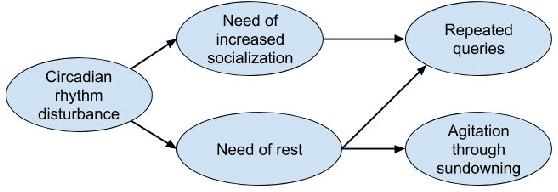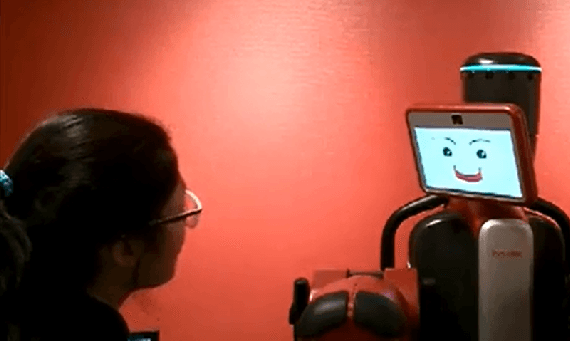Avoiding Improper Treatment of Persons with Dementia by Care Robots
Paper and Code
May 08, 2020

The phrase "most cruel and revolting crimes" has been used to describe some poor historical treatment of vulnerable impaired persons by precisely those who should have had the responsibility of protecting and helping them. We believe we might be poised to see history repeat itself, as increasingly human-like aware robots become capable of engaging in behavior which we would consider immoral in a human--either unknowingly or deliberately. In the current paper we focus in particular on exploring some potential dangers affecting persons with dementia (PWD), which could arise from insufficient software or external factors, and describe a proposed solution involving rich causal models and accountability measures: Specifically, the Consequences of Needs-driven Dementia-compromised Behaviour model (C-NDB) could be adapted to be used with conversation topic detection, causal networks and multi-criteria decision making, alongside reports, audits, and deterrents. Our aim is that the considerations raised could help inform the design of care robots intended to support well-being in PWD.
 Add to Chrome
Add to Chrome Add to Firefox
Add to Firefox Add to Edge
Add to Edge